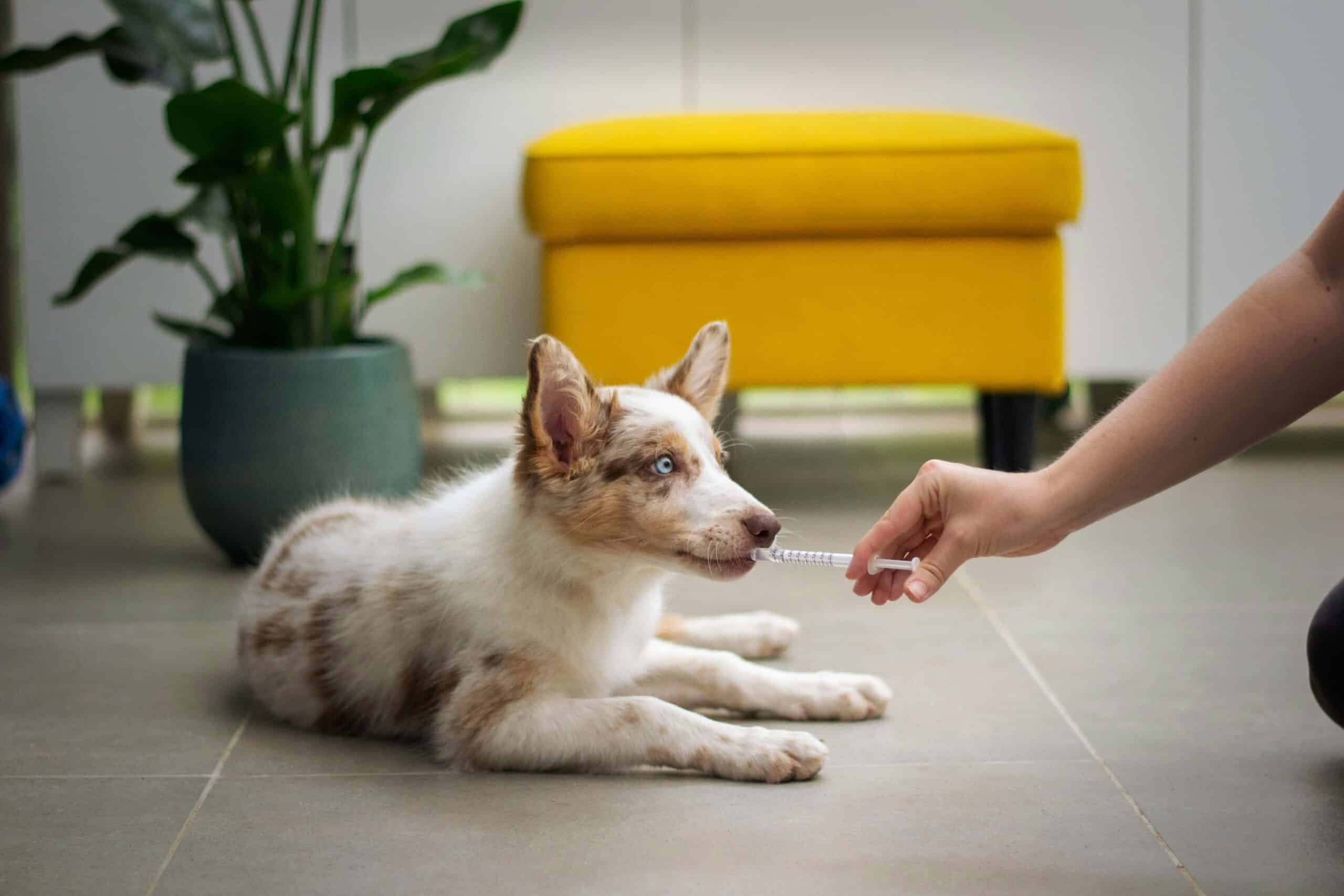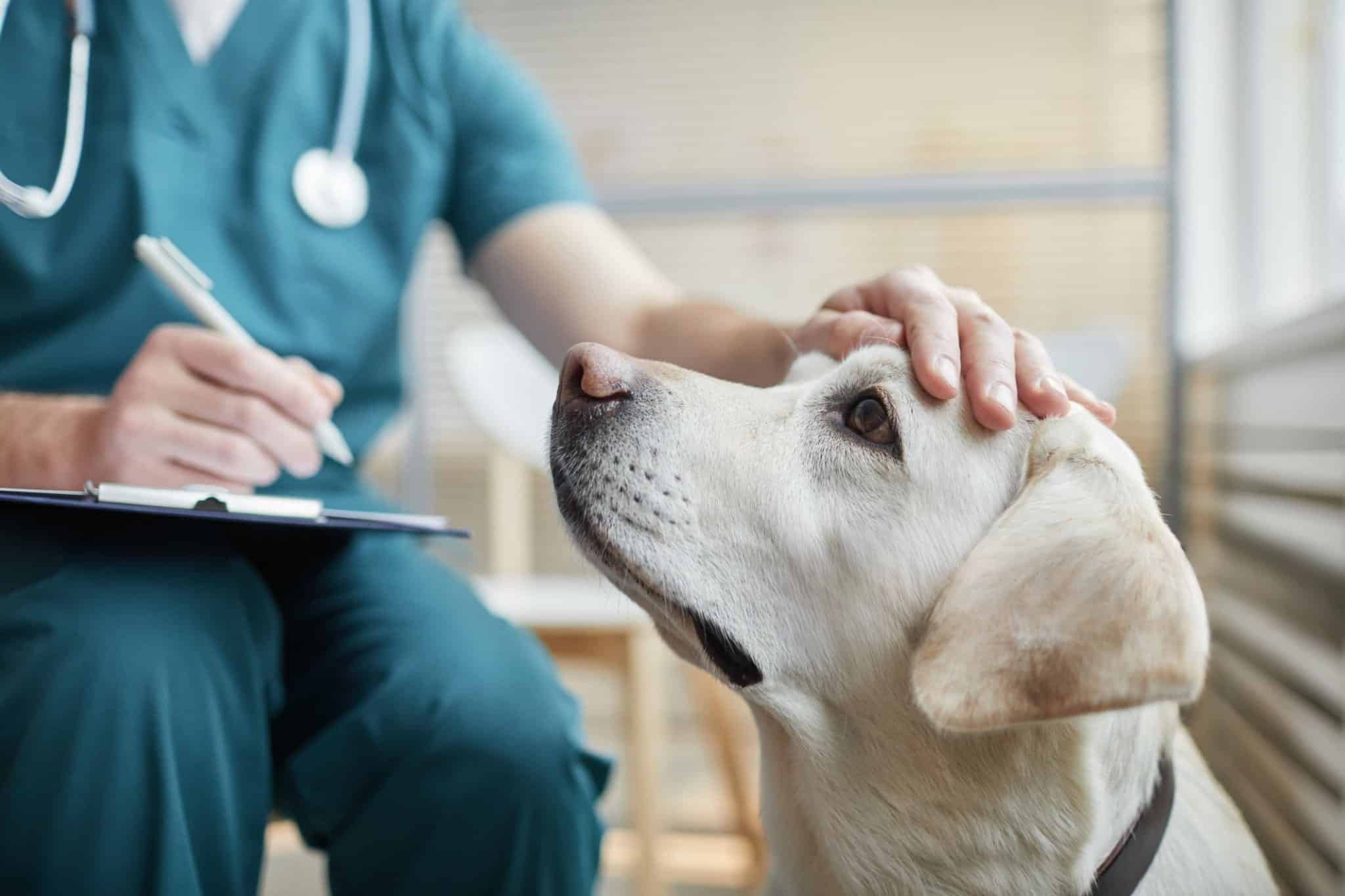
Understanding Leishmania: Symptoms, Treatment, and Prevention
Leishmania is a parasitic disease that affects both humans and animals, including dogs. It is caused by a protozoan parasite belonging to the genus Leishmania, which is transmitted through the bite of infected sand flies.
While it predominantly occurs in certain regions of the world, globalization and climate change have expanded its reach, making it essential for pet owners to understand this disease, its symptoms, treatment options, and preventive measures.
Understanding Leishmania: Symptoms, Treatment, and Prevention
Leishmania is a parasitic disease that affects both humans and animals, including dogs. It is caused by a protozoan parasite belonging to the genus Leishmania, which is transmitted through the bite of infected sand flies.
While it predominantly occurs in certain regions of the world, globalization and climate change have expanded its reach, making it essential for pet owners to understand this disease, its symptoms, treatment options, and preventive measures.

Transmission:
Leishmania is primarily transmitted through the bite of infected female sand flies belonging to the Phlebotomus and Lutzomyia genera. These sand flies are prevalent in tropical and subtropical regions, particularly in the Mediterranean, South America, and parts of Asia and Africa.
Symptoms:
The symptoms of Leishmania in dogs can vary widely and may include:
• Skin lesions, such as sores, ulcers, and hair loss, especially around the ears, face, and extremities.
• Weight loss and muscle wasting.
• Lameness or swollen joints due to inflammation.
• Enlarged lymph nodes.
• Nosebleeds and other signs of bleeding disorders.
• Kidney failure in severe cases.


Diagnosis:
Diagnosis of Leishmania in dogs typically involves a combination of clinical tests, blood tests, and sometimes tissue biopsies. It’s essential to consult a veterinarian for an accurate diagnosis and appropriate treatment plan.
Treatment:
While there is no cure for Leishmania, various treatment options can help manage the
disease and improve the quality of life for affected dogs. Treatment may include:
• Medications to control the parasite and reduce inflammation.
• Supportive care to manage symptoms such as wound care, pain relief, and
nutritional support.
• Regular monitoring of the dog’s condition through blood tests and physical
examinations.
Diagnosis:
Diagnosis of Leishmania in dogs typically involves a combination of clinical tests, blood tests, and sometimes tissue biopsies. It’s essential to consult a veterinarian for an accurate diagnosis and appropriate treatment plan.
Treatment:
While there is no cure for Leishmania, various treatment options can help manage the disease and improve the quality of life for affected dogs. Treatment may include:
• Medications to control the parasite and reduce inflammation.
• Supportive care to manage symptoms such as wound care, pain relief, and nutritional support.
• Regular monitoring of the dog’s condition through blood tests and physical examinations.

Prevention:
Prevention is crucial, especially in areas where Leishmania is endemic. Here are some preventive measures pet owners can take:
• Use insect repellents and protective clothing for dogs, especially during peak sand fly activity periods (typically dusk and dawn).
• Utilize environmental control measures such as insecticide-treated nets, screens,
and indoor housing during peak sand fly seasons.
• Vaccination: While no Leishmania vaccine is currently available in all regions,
research into vaccines for dogs is ongoing, and consultation with a veterinarian
about available options is recommended.
• Regular veterinary check-ups and screenings for early detection and treatment.

Conclusion:
Leishmania is a serious disease that can significantly impact the health and well-being of dogs. By understanding its transmission, symptoms, diagnosis, treatment options, and preventive measures, pet owners can take proactive steps to protect their furry companions from this parasitic infection.
Consultation with a veterinarian is crucial for accurate diagnosis, tailored treatment plans, and guidance on preventive measures based on the specific risk factors in your area. With proper care and management, dogs with Leishmania can lead fulfilling lives, supported by their loving owners and veterinary professionals.
Shop Location
Archiepiskopou Makariou III, 30 Pera Chorio, Nisou 2572
Telephone
+357 22 262 626
info@dalivetclinic.com
Dali Vet Clinic
Working Hours
Mon – Fri: 9pm – 6mm
Tue: 9pm – 2mm, Sat: 9pm – 2mm
Sunday: closed
Copyright © 2023
